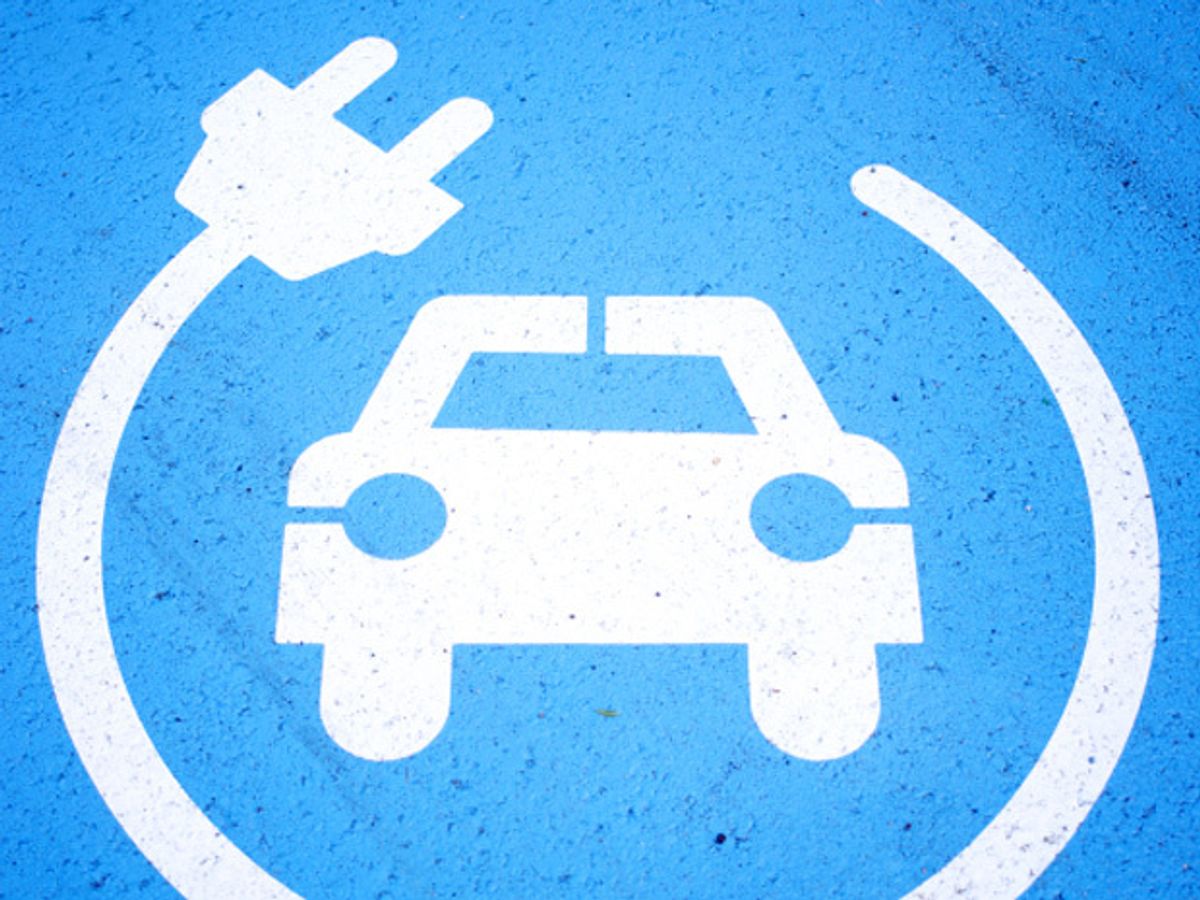Most of the recent news about electric and hybrid-electric vehicles has not been encouraging: three Tesla lithium-ion battery fires; sharply scaled-back projections for EV sales on the part of the world's leading manufacturer, Renault-Nissan; the long-awaited Fisker bankruptcy filing, listing celebrity investors like Leonardo di Caprio and Don Cheadle, Marc Andreeson and John Doerr, Al Gore and the vice president's son Robert Hunter Biden.
It does not bode well for the EV's immediate prospects when some of the most prominent electric car enthusiasts in Hollywood, venture capital and politics get badly burned. Last month, the automotive industry's most enthusiastic proponent of electriics, Renault-Nissan's Carlos Ghosn, admitted to the Financial Times that the company's EV sales are running far behind projections. It might take Renault-Nissan until 2020-21 rather than 2016 to sell 1.5 million elecrtrics, he said.
To help put matters in perspective, GigaOm's Katie Fehrenbacher has reminded her readers that Tesla's current car has basically been a triumph and that the company has at least a fighting chance of coming out next with an affordable mainstream EV. "Tesla’s Model S has been a big success, and it’s part of a long term evolution that will allow Tesla to eventually deliver its third-generation, mainstream electric car,” wrote Fehrenbacher. "Finding success with that monumental project will be even more difficult than it was with the Model S, yet it will be even more of a revolutionary step toward moving the world off of gasoline-powered cars."
But what if Tesla does not beat the odds? What about the current lackluster sales of the Volt and Leaf? Is it possible that the recent flurry of interest in EVs will turn out to be transitory and that, once again, we will see them drop off the radar screen? In the end, will the Leaf, Volt and Tesla suffer the same ignominious fate as General Motors's ill-starred EV-1?
This seems highly improbable to me, for reasons well stated by an IEEE-USA energy policy statement last year: besides cutting reliance on liquid fuels and local emissions of air pollutants, EVs and plug-in hybrids also promise long-term reduction of greenhouse gases. Amplifying that statement at a recent conference in Washington, D.C., consultant Veronika Rabl observed that while the electricity generation sector can be made carbon-free in principle, it is inconceivable that gasoline- or diesel-powered vehicles could ever capture their own carbon emissions. Therefore, said Rabi, who played a key role in formulation of the IEEE-USA position paper, electric vehicles represent the only plausible path to a zero-carbon transportation sector.
“IEEE-USA recommends that federal, state and local governments, along with quasi-governmental and private sector organizations, develop and pursue a strategy to electrify transportation, including mass transit, passenger and commercial vehicles, buses, and shot- and long-distance rail…,” said the 2013 National Energy Policy Recommendations.
Considerations of air and atmospheric pollution will increasingly dominate policy not just in the economically best-off advanced industrial countries, but in the rapidly industrializing ones as well, notably China. “In exchange for actively promoting environmentally friendly vehicles, 28 pilot cities and urban areas will qualify for subsidies the government outlined in September aimed at boosting alternative-fuel vehicle sales,” reports the Wall Street Journal. China hopes to have 1.5 million electric vehicles on its roads by 2015 and 5 million by 2020. The country's current five-year plan calls for $270 billion to be spent on improvement of air quality.
For a number of years in the 1990s, IEEE Spectrum ran a regular column, "EV Watch." It dropped the column a dozen years ago because the watching and waiting were getting too long. This time around, I predict, it will pay to keep watching developments in electric and hybrid-electric vehicles.h



